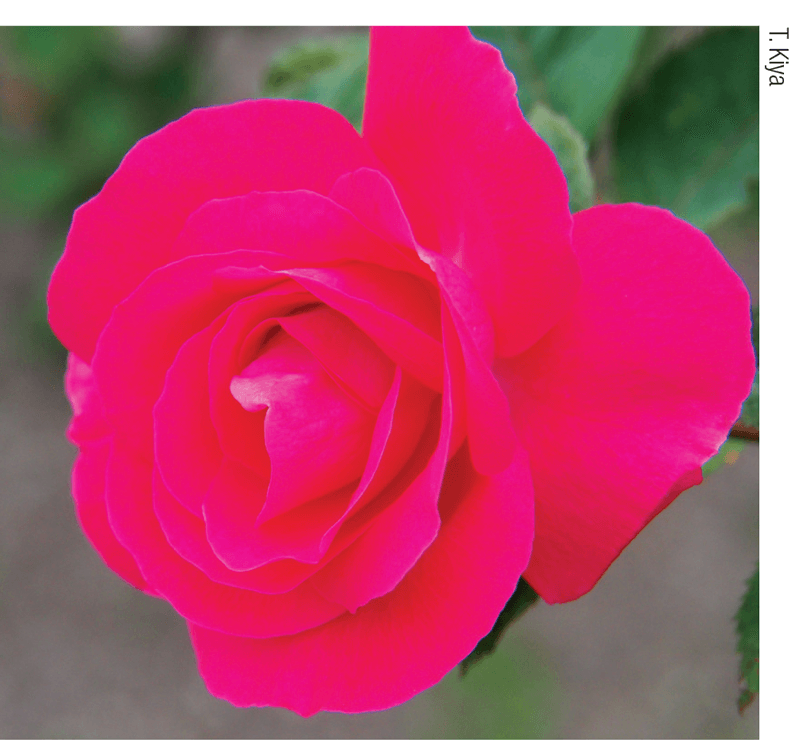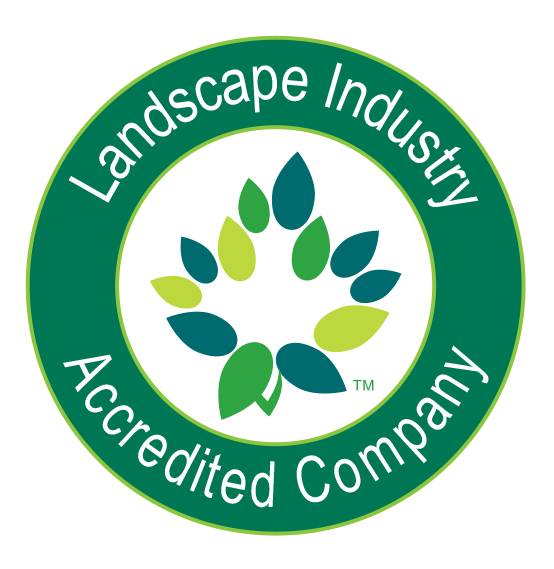August 1, 2019
CNLA News
COPF: Still relevant after all these years
An organization originally founded to provide secure and ongoing access of new and improved plant varieties, the Canadian Ornamental Plant Foundation (COPF) is now ready to announce its new and improved organizational status. Effective immediately, visitors to the revised COPF website will notice the result of behind-the-scenes administrative upgrades accomplished by the COPF Steering Committee and staff since the Foundation was reorganized to fall under CNLA management in early 2018. Reformatting a structure that was designed to accommodate a very intricate royalty administration function to be relevant to the needs of COPF has been an interesting challenge. It has also been a process that has reminded us of the vast changes that have occurred within — and to — the industry over the past 50 years.COPF was founded in 1964, before Canada had Plant Breeders’ Rights (PBR). Those were the days before container growing, when growers relied on lining out stock and propagative materials from Europe, primarily the Netherlands. Retail garden centres as known today were only starting to become commonplace. In that environment, some of the sector’s more forward-thinking growers and plant breeders determined the need for an organized system of royalty collection to support new plant development in Canada.
From humble beginnings in a humble sector, to lofty heights collecting and redistributing millions of dollars in royalties on thousands of registered plants, to its current program brought about by significant paradigm shifts within the sector, COPF continues to be significant within the sector. Many growers and propagators will continue to rely on COPF to provide them with access to new and improved varieties, made possible with the assurance of a reputable royalty collection system. Many breeders, and especially institutional organizations, will continue to rely on COPF to collect royalties within Canada’s unique demographic structure. COPF can maintain its relevance to the sector through voluntary payment of royalties, on all registered plants, regardless of their year of introduction.
 Winnipeg Parks, released in 1990 by AAFC as part of its Parkland hardy rose series, continues to be a popular landscape rose. Through royalty payments on older releases such as Winnipeg Parks and many other varieties, industry continues to support plant breeding and other research initiatives.
Winnipeg Parks, released in 1990 by AAFC as part of its Parkland hardy rose series, continues to be a popular landscape rose. Through royalty payments on older releases such as Winnipeg Parks and many other varieties, industry continues to support plant breeding and other research initiatives.
The COPF model is unique in the world. Our industry created a voluntary service that continues over 50 years later. With continued support from members, COPF can continue to maintain relevance through the support of much-needed plant breeding and industry research programs. For more information visit www.copf.org.
Company accreditation
Getting your company certified is one way to stand out from your competition, whether you are a landscape company, nursery or garden centre. Being a Landscape Industry Accredited Company shows you focus on certification as a cornerstone of your business practices, maintain high standards of workmanship, value community and customer relations, and value environmental stewardship in residential and commercial settings.There are five simple steps to company accreditation:
- Applicants to the program must complete an application which will include the provision of substantiation for many program requirements.
- Upon receipt of the application, CNLA will provide the applicant with a pledge form (affidavit) stating the applicant has complied with all of the Landscape Industry Accredited Company qualifications.
- Upon return of the pledge form, and after a review of submitted materials, the program’s governing body, the Company Accreditation Committee, will notify the applicant of the results by mail.
- If the Landscape Industry Accredited Company qualifications are met, the company will receive a certificate, Seal of Approval usage rights and marketing materials. In the event qualifying standards are not met, the application fee will be refunded minus a processing fee. Resubmission will not be allowed again for 90 days.
- CNLA reserves the right to withhold and/or revoke Landscape Industry Accredited Company approval from any company that shows a continuous pattern of violating or showing disregard for provincial and federal laws and regulations, not following the Landscape Industry Accredited Company Pledge, and superior standards as outlined above. CNLA further retains the right to alter, amend, change, and update the program as necessary.
Hill’N Dale Landscaping of Mulmur, Ont., is the latest company to achieve LIAC. To date, seven other companies have received this respected accreditation: Eagle Lake Nurseries, Alta.; Para Space Landscaping, B.C; Weed Man Winnipeg, Man.; Price Landscaping Services, N. B.; Thornbusch Landscaping, Ont.; Hank Deenen Landscaping, Ont. and Stonepath Greenhouses, Ont.
For more information or to apply, contact the Professional Development department at CNLA; email certification@cnla-acpp.ca or phone 1-888-446-3499.

The Canadian Nursery Landscape Association is the federation of Canada’s provincial horticultural trade associations. Visit www.cnla-acpp.ca for more information.